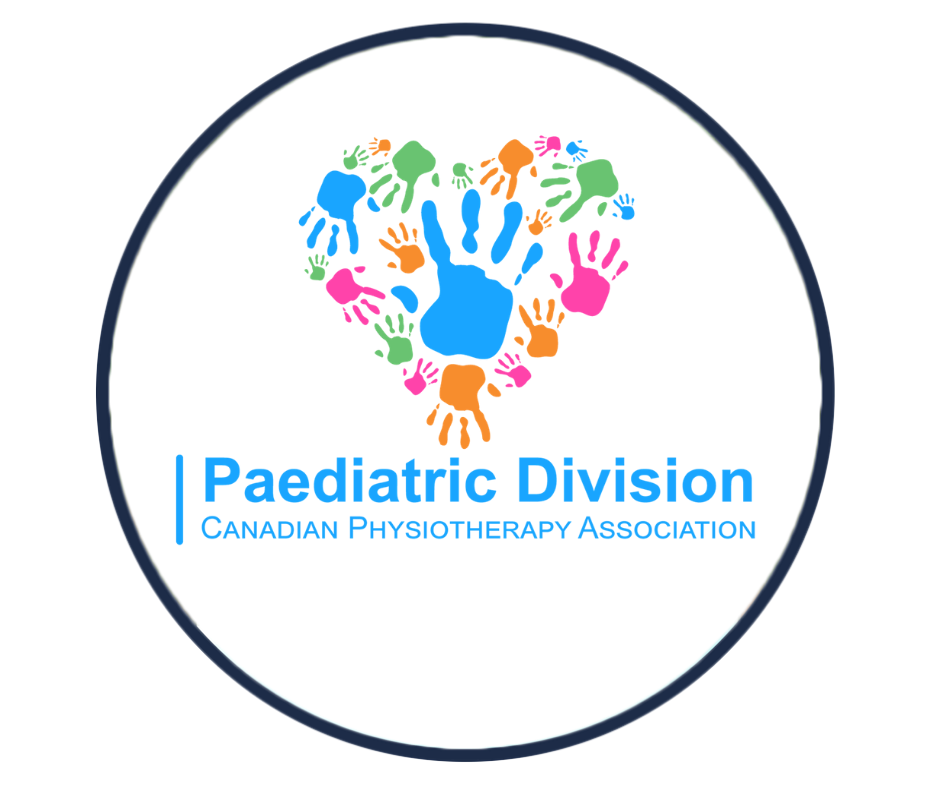Orthopedic surveillance for children with cerebral palsy: Can community practitioners help mitigate future pain?

Orthopedic surveillance for children with cerebral palsy: Can community practitioners help mitigate future pain?
1 hour
Description: This presentation will review the most common musculoskeletal impairments thought to lead to pain in children and adults with CP. The etiology of these impairments will be considered along with possible childhood surveillance approaches. Recent hip surveillance initiatives in Saskatchewan and the role of community health care providers (e.g., physiotherapists, pediatricians) in their successful implementation will be discussed. The possible role of individualized ankle-foot orthoses in preventing foot and knee pain will also be considered.
Panelist: Kyra Kane - BScPT, MSc, PhD, Senior Physical Therapist, Saskatchewan Health Authority Children’s Program, Regina, SK
The instructors

BScPT, MSc, PhD
Dr. Kyra Kane has been a registered physical therapist since 1997, with clinical experience in pediatrics and orthopaedics. She is a full-time clinician, and adjunct professor in the School of Rehabilitation Science at the University of Saskatchewan. Kyra has an MSc in Kinesiology and Health Studies, a PhD in Health Sciences, and extensive postgraduate training and clinical experience in biomechanical gait analysis and orthotic intervention.
Kyra is passionate about supporting the clinical application of evidence and best practices. She has presented her research nationally and internationally through journals, conferences, lectures, and webinars. Her research interests include examining evidence-based use of individualized ankle-foot orthoses (AFOs) for children, understanding the experiences of children and clinicians with AFO prescription, and improving pediatric gait measurement and rehabilitation outcomes.


The Paediatric Division is a special interest group within the Canadian Physiotherapy Association. Our membership consists of clinicians from all practice settings, students, educators, researchers, physiotherapy assistants and administrators all of whom have a passion for promoting participation and enhancing the lives of children and their families. We are dedicated to provide resources and information for paediatric patients and their families to promote participation and function independence in all aspects of life.
Paediatric physiotherapists employ clinical expertise in the early detection of health problems, treatment, education and management of congenital, developmental, neuromuscular, skeletal, cardiorespiratory or acquired disorders/diseases. Paediatric physiotherapists work with children of all ages, from infants through young adulthood to promote participation and functional independence. Paediatric physiotherapists have a unique role in that they not only work with the child, but also their families in the context of their daily home, school and recreational environment.
Paediatric physiotherapists use validated outcome measures to assess the level of strength, flexibility, gross-, and fine-motor coordination and overall functional capabilities to determine participation limitations or restrictions as a result of injury, disease or disability.
Through analysis of objective assessment findings, the paediatric physiotherapist uses evidence-based treatment interventions specifically tailored to the client and their family's goals. Treatment interventions focus on improving gross and fine motor skills, balance and coordination, strength and endurance, as well as cognitive and sensory processing/integration.